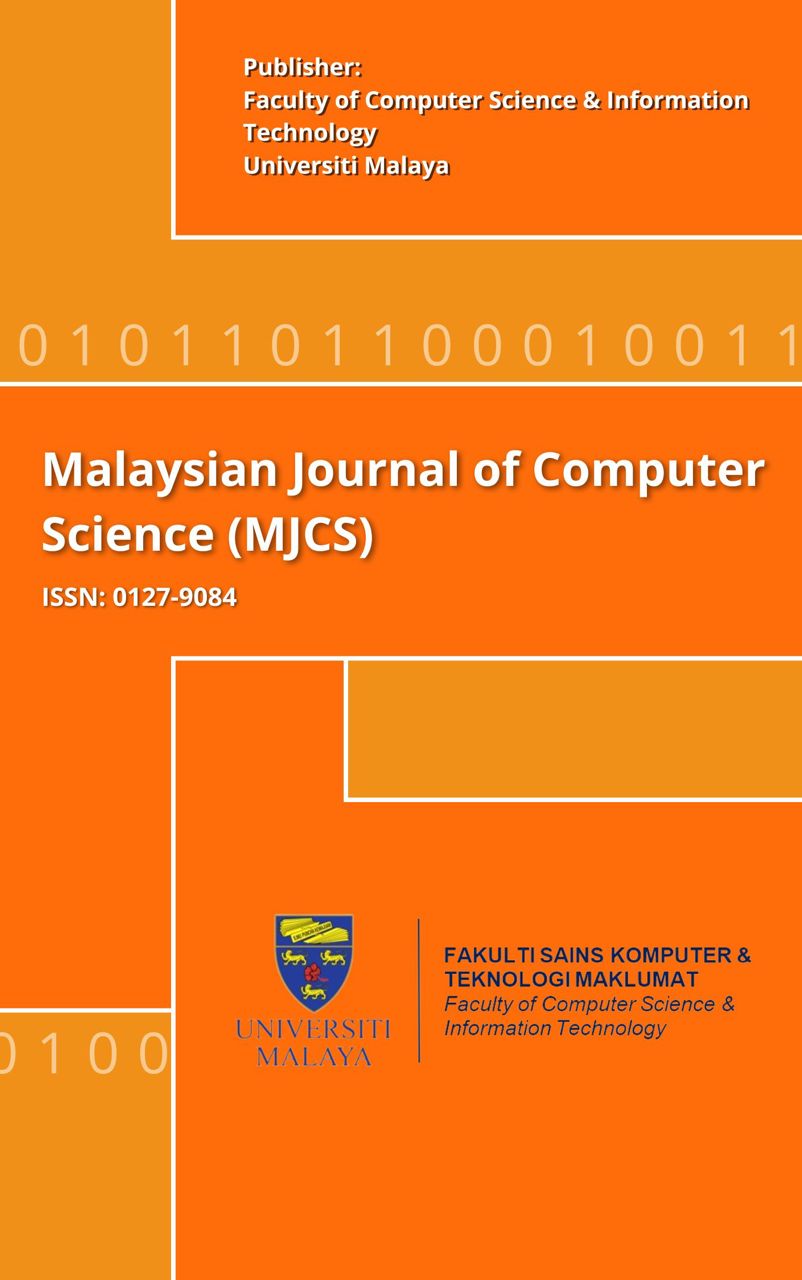Practical Experiences with Task Scheduling Strategies for Image Processing Application on Heterogeneous Distributed Computing System
Main Article Content
Abstract
Heterogeneous Distributed Computing (HDC) system consists of Workstations (WSs) and Personal Computers (PCs). In HDC system, each WS/PC may have different processor and performance. In order to take advantage of this diversity of processing power of a system, an effective task partitioning, scheduling, and load balancing are needed to get the optimum performance. This paper examines the effectiveness of task partitioning and scheduling strategies for image (raytracing) processing application on HDC system. The static and dynamic/Runtime Task Scheduling (RTS) strategies are shown inadequate for balancing the load of HDC system. Two adaptive tasks scheduling strategies are proposed for HDC image computing system. The adaptive strategies are: i) Master Initiated Sub-task size (MIS) strategy (based on centralized resources management approach), and ii) Worker Initiated Sub-task size (WIS) strategy (based on semi-decentralized resources management approach). Performances of all investigated strategies are evaluated on manager/master and workers model of HDC system.
